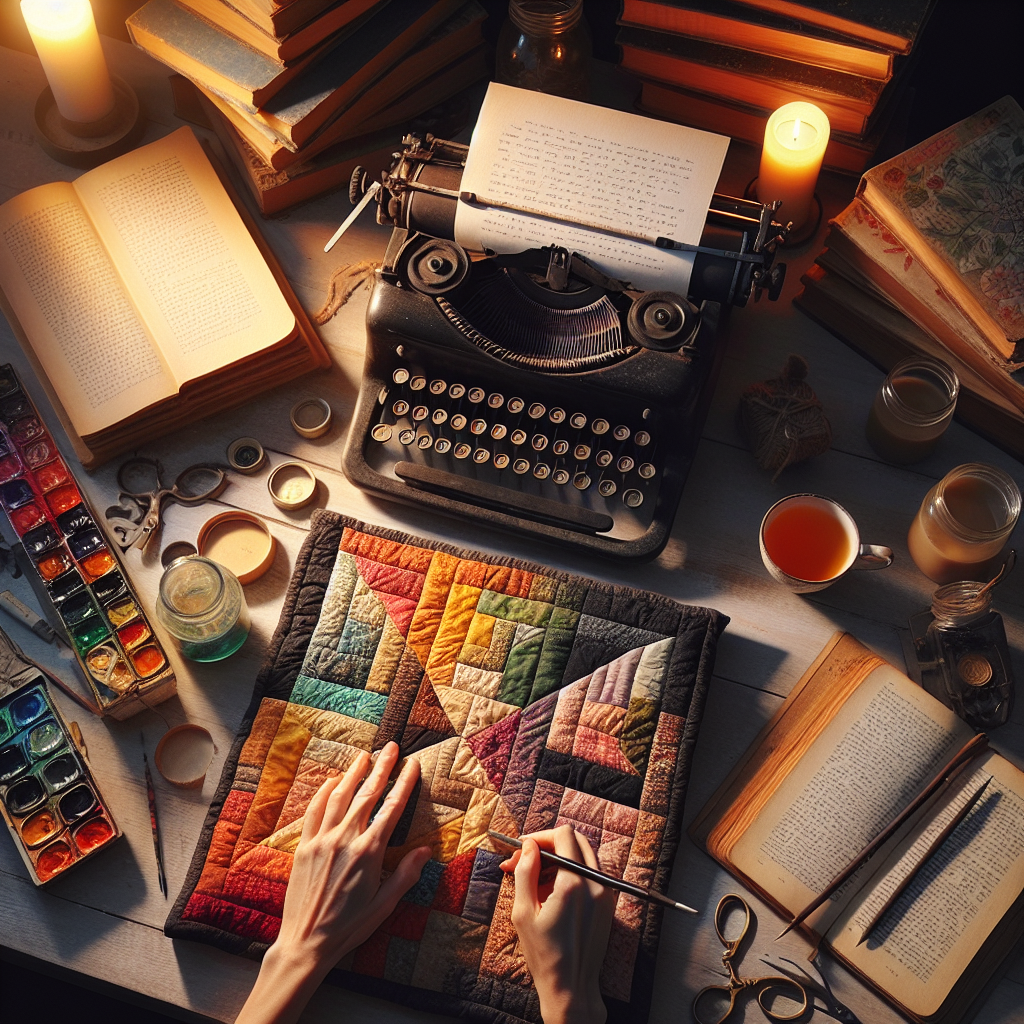The Rise of Analog Hobbies in a Digital World
In an era dominated by screens and connectivity, a surprising trend is emerging: the resurgence of analog hobbies in a digital world. As we navigate through the complexities of modern life, many are finding solace in activities that require a hands-on approach, from knitting and woodworking to film photography and vinyl collecting. This shift reflects a broader desire to reconnect with the tangible and to foster a sense of accomplishment that digital pastimes often lack.
Understanding the Appeal of Analog Hobbies
Analog hobbies offer a distinct set of benefits that contribute to their growing popularity. First, these activities provide a tactile experience that digital activities cannot replicate. The physicality of molding clay or the sound of a needle dropping on a record creates a multisensory engagement that many find deeply satisfying. According to a study by the Journal of Positive Psychology, engaging in creative activities such as crafting can lead to more positive emotions and a heightened state of well-being.
Moreover, analog hobbies often require a level of focus and concentration that is antithetical to the multitasking nature of digital interactions. This can lead to what psychologists refer to as a “flow state,” a highly focused mental state conducive to productivity and creativity.
The Social Dimension of Analog Activities
Another significant aspect of analog hobbies is their ability to foster community and connection. Unlike digital hobbies that can be pursued in isolation, many analog hobbies encourage face-to-face interactions, whether it’s knitting with a group, participating in a book club, or sharing techniques in a pottery class. These social interactions add a layer of emotional satisfaction and support that enhances the overall hobby experience.
Balance and Digital Detox
The resurgence of analog hobbies can also be seen as a form of digital detox. In a world where digital consumption can lead to information overload and increased anxiety, analog hobbies provide a necessary respite. They allow individuals to unplug from digital stimuli and engage in a more focused, meditative activity. The benefits of this kind of digital detox include improved mood, reduced stress, and better sleep patterns.
Looking to the Future
As we continue to navigate the benefits and challenges of a digital world, the role of analog hobbies is likely to evolve but not diminish. They offer a grounding counterbalance to our online lives and a reminder of the joys found in simpler, slower activities. Whether it’s through the pages of a physical book, the strings of a guitar, or the bristles of a paintbrush, these hobbies reconnect us with the fundamental elements of human experience—creativity, community, and tactile satisfaction.
In conclusion, the trend of embracing analog hobbies in a digital world is more than just nostalgia; it’s a meaningful shift towards a more balanced and fulfilling way of living. As we look forward, it’s clear that these activities have a vital role to play in enhancing our quality of life in the digital age.


